Why are we trying to make the election uncertain?
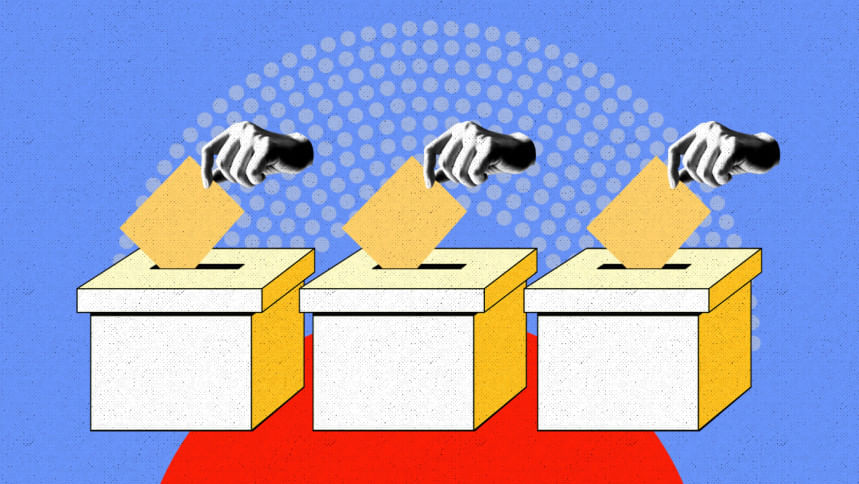
Once again, our politics is back at the stage where it has mostly been: self-destructive. As before, our political parties are trying to impose their partisan interests above those of the people. Once again, all sorts of untested demands are being made, threatening language is dominating what otherwise should be a discourse, and, most sadly, the most vital institution of democracy—a free and fair election—is being made uncertain. Many of us knew it, some of us allowed our optimism to ignore it, but now the chief adviser himself is warning us against it.
During a meeting with some political parties on Tuesday, Prof Muhammad Yunus warned that "those who do not want the interim government to reach the stage of election will obstruct the process in every possible way… Their utmost efforts will be to foil the election and create such a situation that the election cannot be held."
Are we back to square one? If so, why? Why are we falling into the same old trap, getting entangled in the same web of confusion and self-interest? Sadly, we are repeating the mistakes we made before—playing with the polls.
If we are to make any progress, we have to learn from our past mistakes, and most relevantly, learn from Sheikh Hasina's. We don't miss a single opportunity to term her regime fascist, in many ways deservingly so. But then why don't we think twice when we try to repeat some of her fascistic actions? Arbitrary arrests, keeping people imprisoned for months (in many cases, for nearly a year) without an inch of progress in investigation, stigmatising anyone who disagrees as the "enabler of fascism," endorsing mob violence—the list goes on. We justifiably condemned past politicisation of bureaucracy, but now we are replacing officials who are loyal to the other side. It is just a change of guards and beneficiaries, not of the system.
Our focus today is on the demand to ban Jatiya Party and partners of the Awami League-led 14-party alliance. Gen Yahya Khan banned the Awami League (AL) when he launched Operation Searchlight and started the genocide in March 1971. In 1972, all religion-based parties including Jamaat-e-Islami were banned. The Purbo Banglar Sarbahara Party and Purbo Banglar Communist Party, two Maoist extremist parties, were banned under the Special Powers Act, 1974. In January 1975, with the formation of Bangladesh Krishak Sramik Awami League (BAKSAL), all political parties including the AL were banned. In 2005, Jamaatul Mujahideen Bangladesh (JMB) was banned. Four days before her fall, on August 1, 2024, Sheikh Hasina banned Jamaat and Islami Chhatra Shibir, which were reinstated by the interim government; both are now big players in our politics.
Have these bans ever worked? Should such a practice be allowed to continue? The recent ban on AL's activities took place surrounding former President Abdul Hamid's trip to Thailand for health reasons. Rumours spread that Hamid's trip on medical grounds was a ploy and that he would try to revive AL from outside the country. The former president returned to the country, now basically bed-ridden, proving that the rumours were baseless and contrived. But AL stands functionally banned.
Now, as the election time appears clear, the demand for banning Jatiya Party (JP) has been raised. The reason: because the JP allowed the Hasina regime's "legitimacy" by participating in the elections. For the same reason, the parties that were under the fold of the AL-led alliance must also be banned, as the claim goes.
Is this how we are going to hold an inclusive, free and fair election, one that Prof Yunus said would be the best in our history? So we want an election with the parties whom we see as opposing us banned? JP has been a political party for many years. It was the ruling party under its founder HM Ershad and a major opposition party during both Khaleda Zia and Sheikh Hasina regimes.
Let us recall here that a grand alliance of political parties led the mass movement in the 1980s and toppled Ershad—who was the supreme villain to all—and his party from power in December 1990. But the grand alliance did not ban Ershad, who contested from prison and won seats from five constituencies, or JP, which got 35 seats in the parliament that followed.
If there are specific evidence against JP leaders and those from the AL-led alliance who took illegal and undue benefits from the former prime minister, then let specific and evidence-based charges—not the type that we regrettably see now—be brought against them, let a fair trial take place and punish them accordingly.
The point we are making is that the demand for banning JP and members of AL-led alliance during Hasina's regime will not only discredit our claims to rebuild democracy, but also destroy the credibility of the scheduled February 2026 election.
Some observers believe that the demand to ban JP and others is not springing from love for justice and fairness, but from cool-headed political calculations of occupying the opposition's chair in the new parliament. Those who are demanding the ban calculate that the JP may emerge as the main opposition. So nip that prospect in the bud.
We are pointing this out not because we have any love for JP, a party that triggered corruption in the early 80s and one we always found to be opportunistic and devoid of ethical values, but because we love democracy and have seen how we have been prevented from establishing it by parties too focused on power rather than national interests. Every political party has the freedom to make their own calculations and forge alliances to win an election, and strengthen their position within parliament. But to demand the ban of a party or parties just so that the opposition's vote don't get registered is no less anti-democratic.
All political parties must understand that the best option for Bangladesh today is to hold a proper, free and fair election and move towards a representative government with an elected parliament as the repository of people's will. An election is not only necessary to chalk out our political future but also to determine our economic march forward. Without the election, there will be no confidence-building, which is a precondition for both domestic and foreign investment. And without investment, there will be no job creation. Remember the quota movement, which was related to jobs, and which laid the foundation for the July uprising. Lack of jobs will only perpetuate the deep resentment and frustration that afflict our youth. Many indicators show that we are slipping backwards in areas where we registered impressive growth before. Our employment is falling, poverty is rising, quality education is sliding, crime and lack of security rising, and women's rights backsliding.
Those who are working to prevent the election should question themselves as to how the people will be empowered without one. There is only one way to start the rejuvenation process, and that is to give power to the people so that they can determine who will govern us and be answerable to us.
Mahfuz Anam is the editor and publisher of The Daily Star.
Follow The Daily Star Opinion on Facebook for the latest opinions, commentaries and analyses by experts and professionals. To contribute your article or letter to The Daily Star Opinion, see our guidelines for submission.

 For all latest news, follow The Daily Star's Google News channel.
For all latest news, follow The Daily Star's Google News channel. 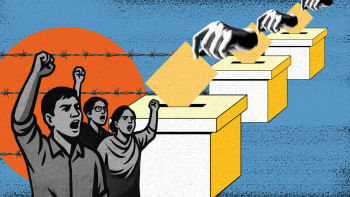
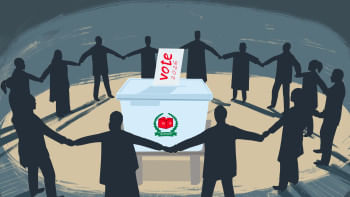

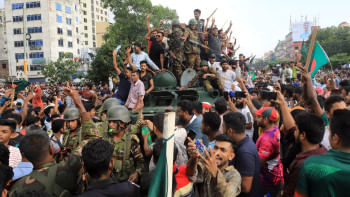


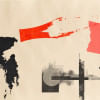

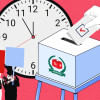
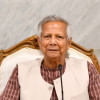
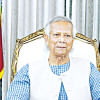

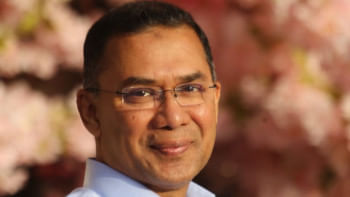
Comments